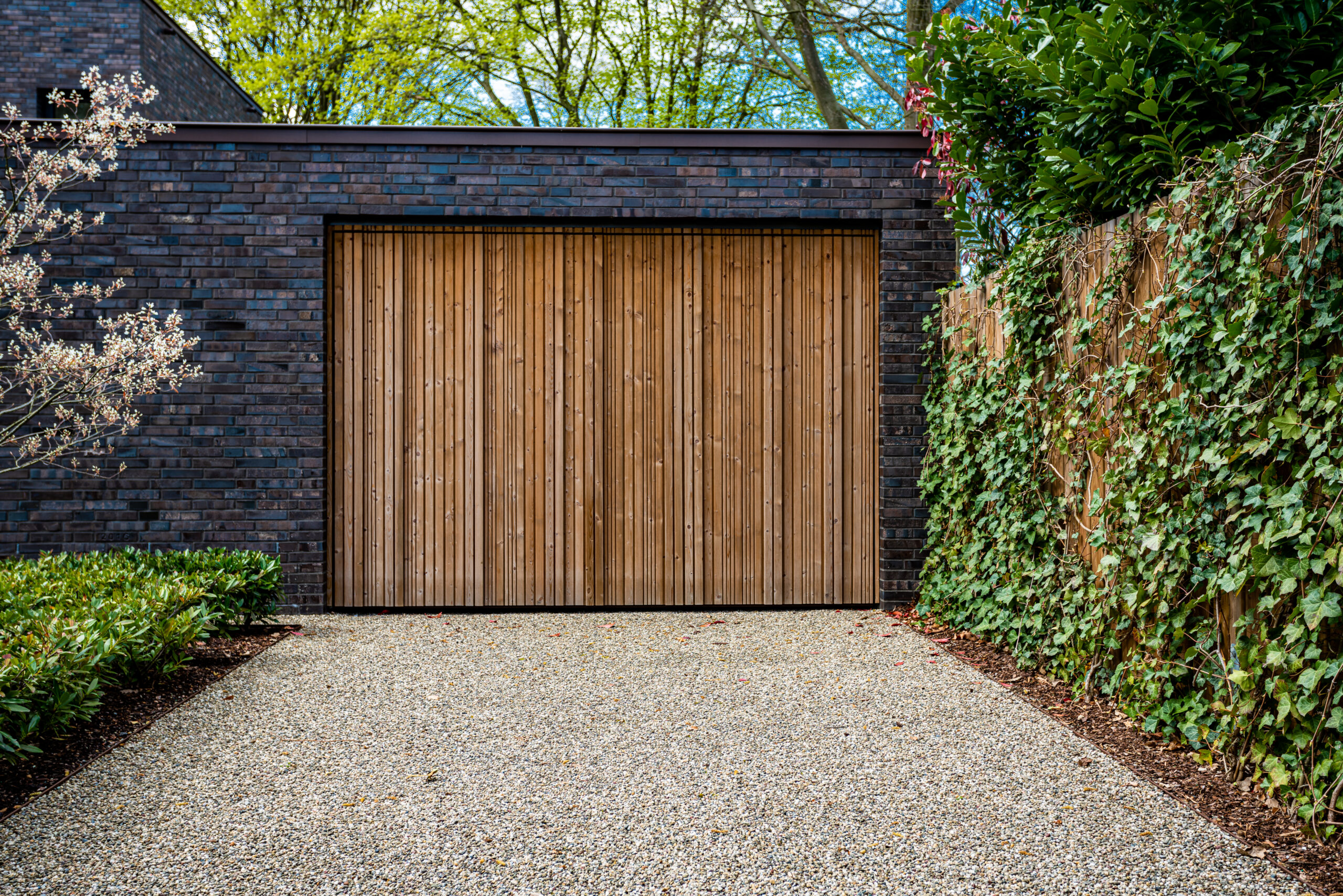
Choosing the suitable driveway material is essential when you're constructing a new home or merely upgrading elements of your existing one. Concrete and asphalt are indeed the two most common driveway paving products. Some people think, "What is the difference between an asphalt and a concrete driveway?"
These materials differ in many respects, but they still have certain commonalities. To begin with, both asphalt and Concrete have a gravel base. They're both made of sand and stone. The main distinction is in the adhesive materials they use. Concrete is made of cement, and asphalt is made of petroleum.
This simple variance results in a wide range of material variations. Here are the main differences between asphalt and concrete driveways.
Asphalt driveways are usually less costly than concrete driveways, costing between $2.00 and $4.00 per square foot—the price of crude oil influences the price of asphalt. On the other hand, a concrete driveway costs $4.00 to $6.00 per square foot for a standard installation. Finishes, data, and stains can push the price per square foot as high as $15.00.
When considering an asphalt driveway, it's essential to consider the maintenance and repairs that come with it. An asphalt driveway should be sealed six months to a year after completion and then every three to five years after that. This will help the driveway last longer and does not require the services of a professional. Many homeowners can seal their driveways themselves with suitable materials. Concrete driveways, on the other hand, do not need as much sealing. Many homeowners want to seal their concrete driveways because it improves the appearance and preserves the finish. Degreasers raise concrete driveway maintenance costs, but they're also required to remove oil, diesel, and chemical stains that accumulate over time.
Both asphalt and concrete driveways are affected by cracks, which should permanently be fixed. Asphalt cracks are easier to patch and result in more aesthetically appealing repairs for homeowners. Concrete fractures, on the other hand, are more difficult to patch and cannot be resurfaced.
Here are some tips for maintaining your driveway during the year, regardless of the material:
· Remove nearby trees or have their roots trimmed to prevent cracks.
· Cover cracks with a crack filler after clearing out the debris.
· Set up an appropriate drainage system to prevent moisture from collecting on your driveway.
· Bear in mind the sensitivity of your driveway's content and refrain from using toxic materials.
· Boost the blade of your snow plow and pick up snow with a plastic shovel.
· Protect the edges of your driveway by not parking large trucks there.
· With mild detergent, warm water, and a scrub brush, remove the engine oil and radiator fluid from your driveway.
· Remove stains as soon as you find them.
With durable, long-lasting content, the money you spend on a driveway will go further. With proper maintenance and the right environment, a high-quality driveway can last many decades. You can pick a long-lasting driveway material so that you can use it for several years without having to replace it. Asphalt is less durable than Concrete in general. It can last up to 30 years if properly maintained. On the other hand, Concrete is a sturdy, long-lasting material that, with proper maintenance and degreasing, will last for 50 years or more.
Pavement material is critical when it comes to the appearance of your driveway. A concrete driveway may be stained, tinted, etched, or stamped to achieve the desired look. Finishes provide alternative colors or hues to Concrete's natural off-white, grayish color. During construction, however, asphalt must be rolled and compressed. Finishes, stamping, and etching do not work well with it. Some sealants have tints or shades, but the color choices are typically limited to black.
The conditions in your home also dictate the amount of driveway maintenance needed. If you live in Topeka, you'll note that the weather is hot and cold all year. In both the summer and winter, you'll need a driveway material that can withstand high temperatures.
When deciding between an asphalt driveway and a concrete driveway, there are several factors to consider. Consider the appearance, initial expense, and future driveway repair and maintenance requirements. Also, more fundamental questions like the environment you live in, the wear and tear you may put on the driveway, and any personal limitations you have should all be considered.
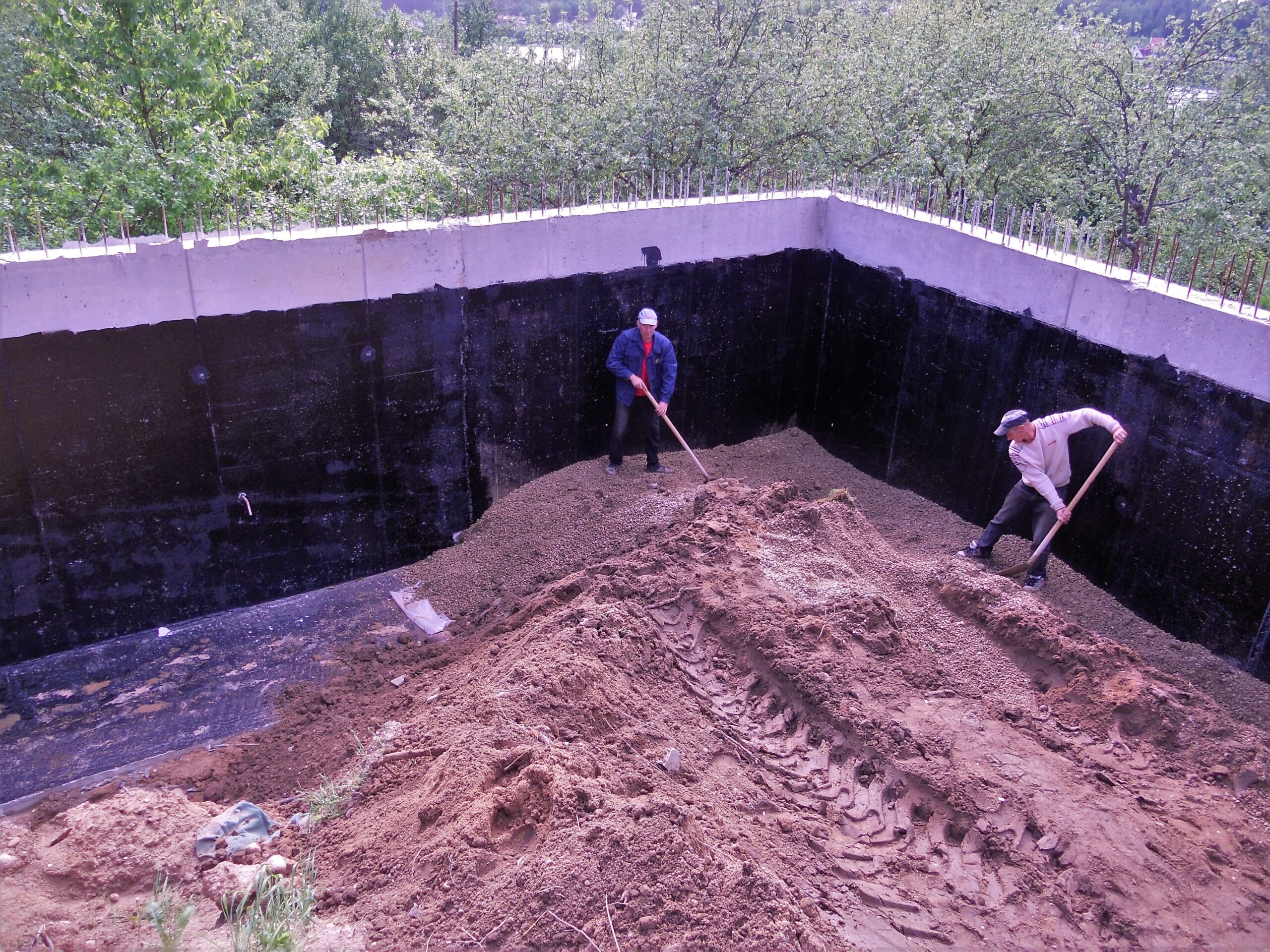
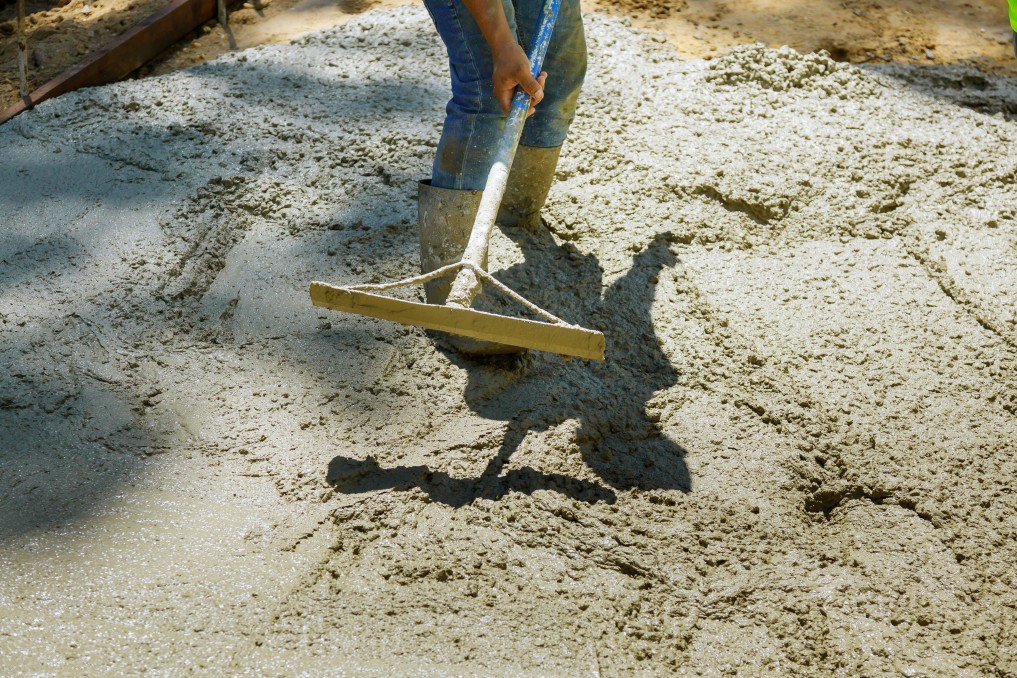
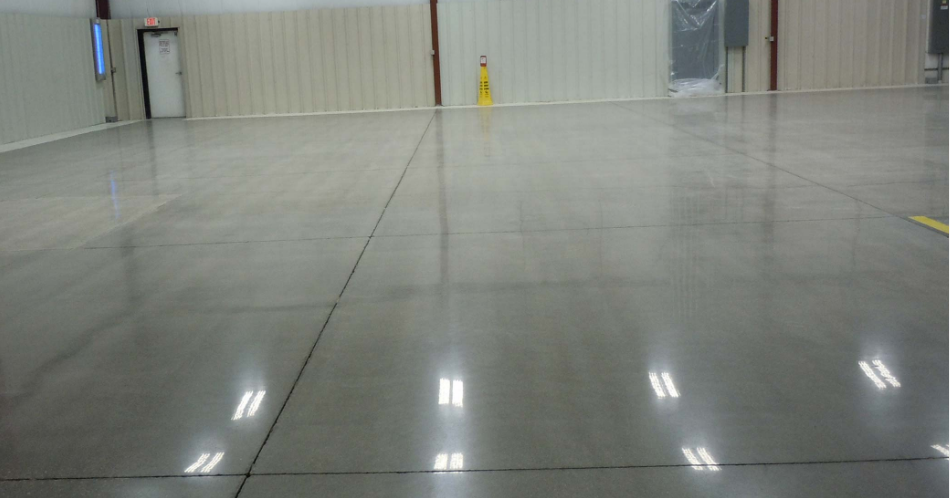
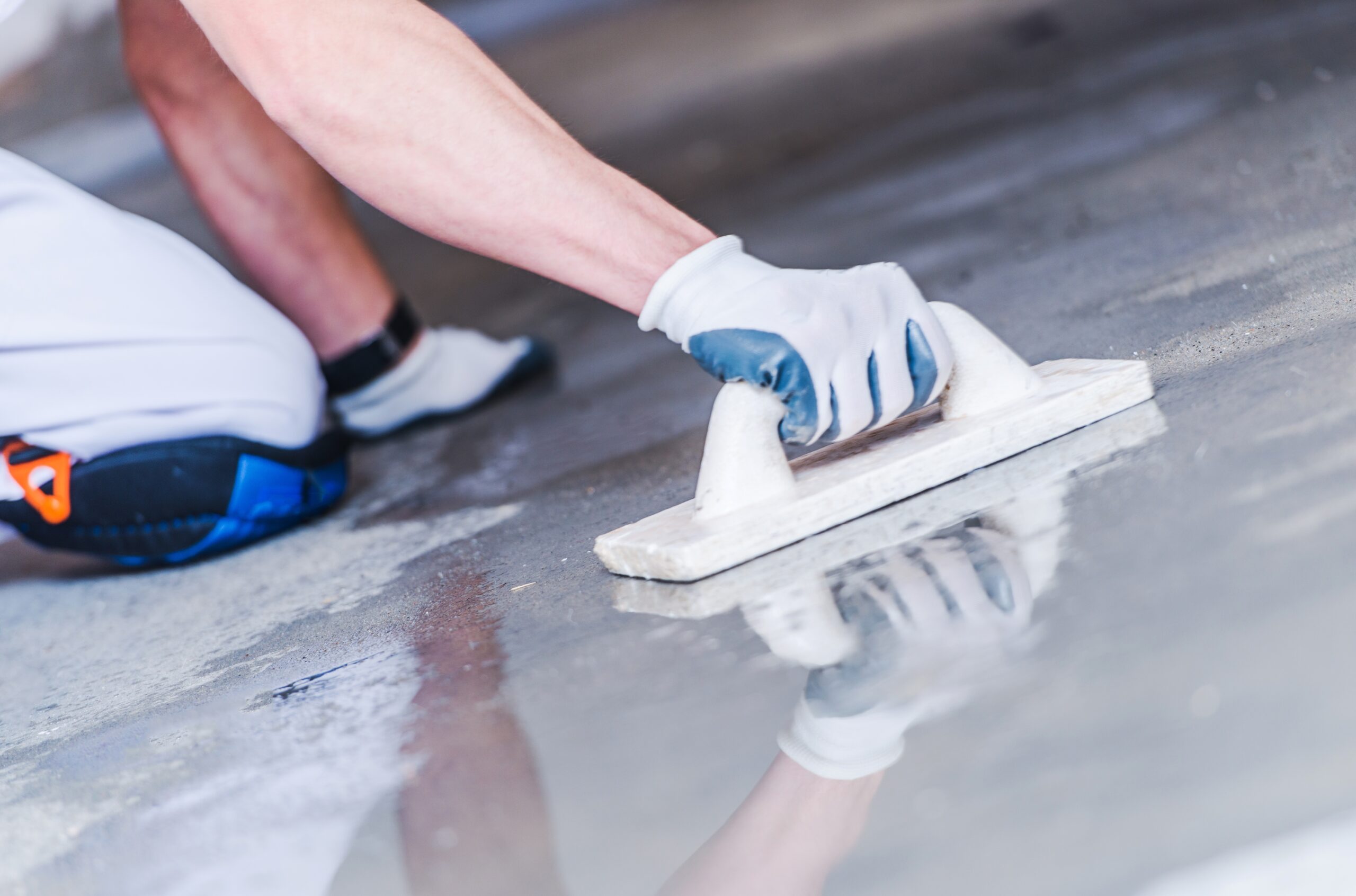
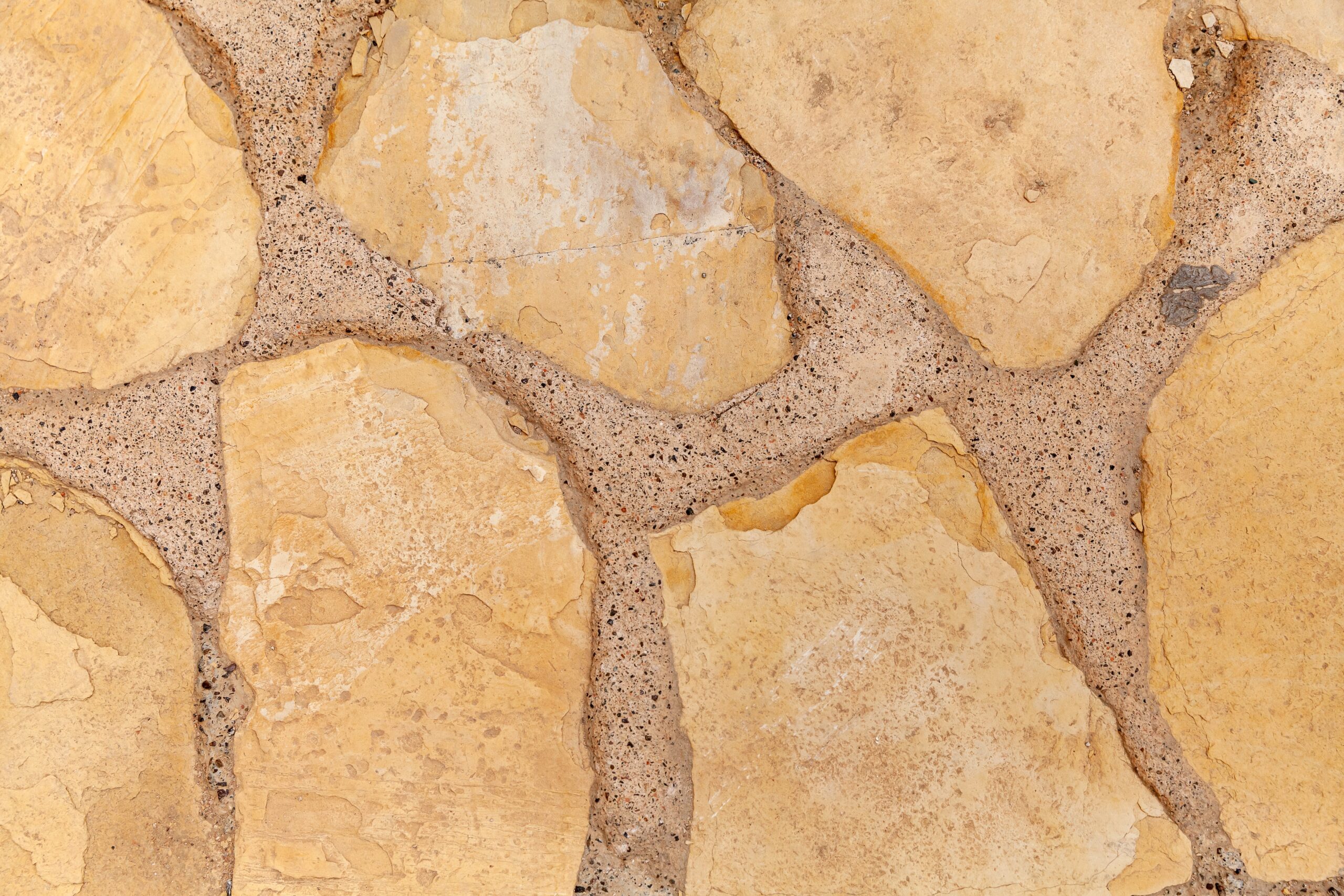

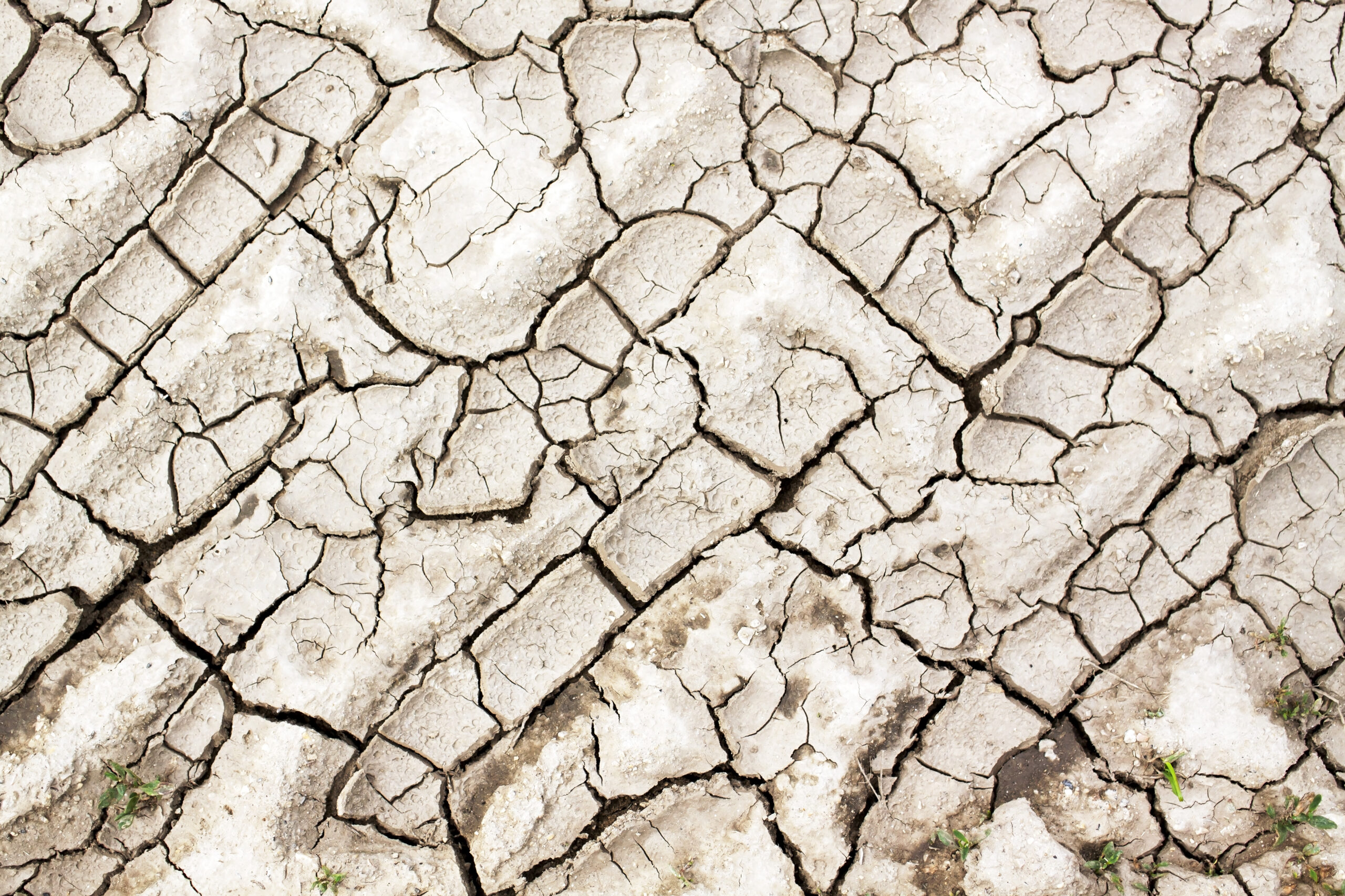

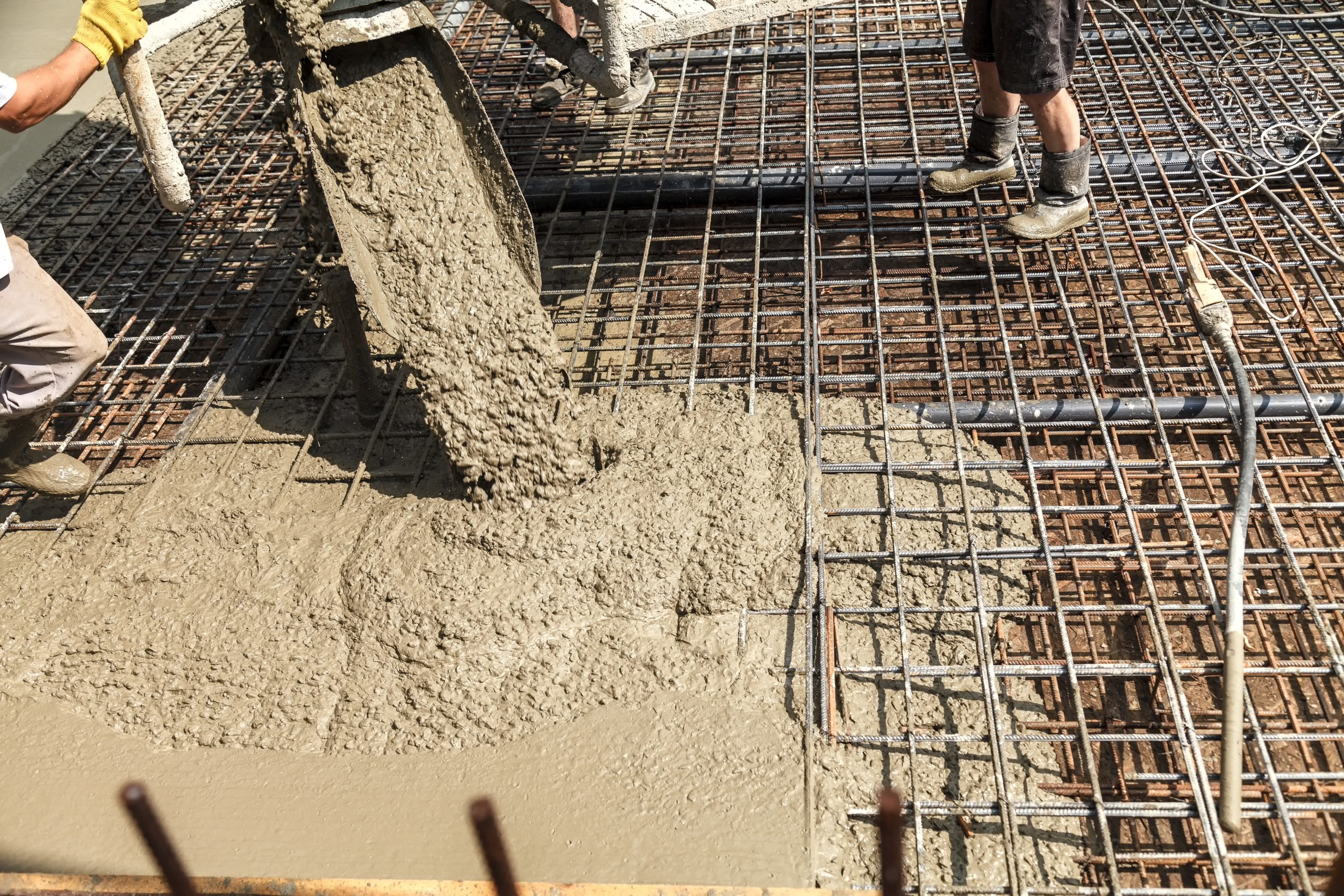
Brothers Concrete Contractors
© Copyright 2020 -All Rights Reserved by BizBitz